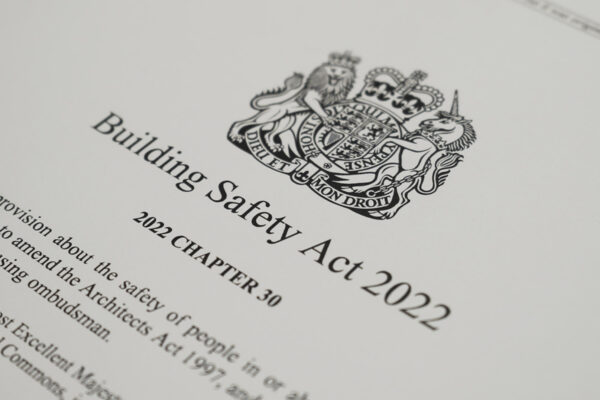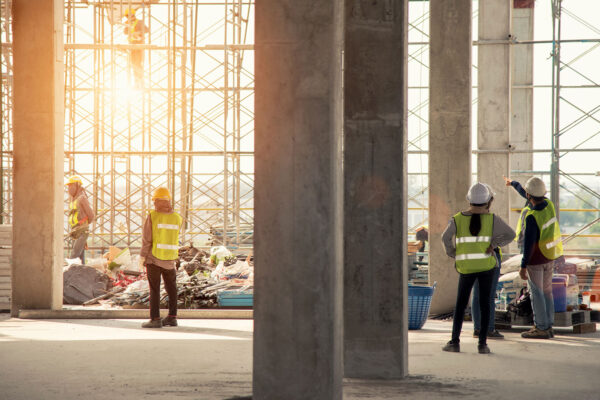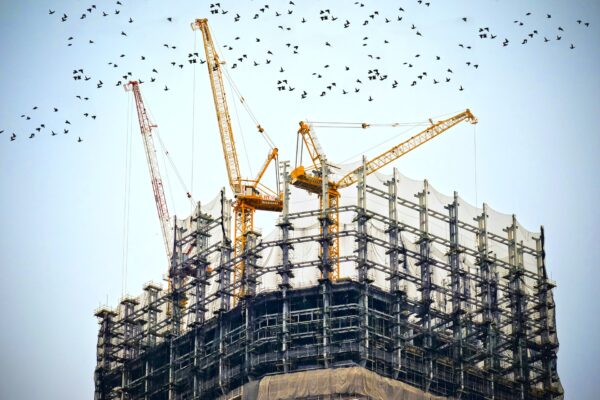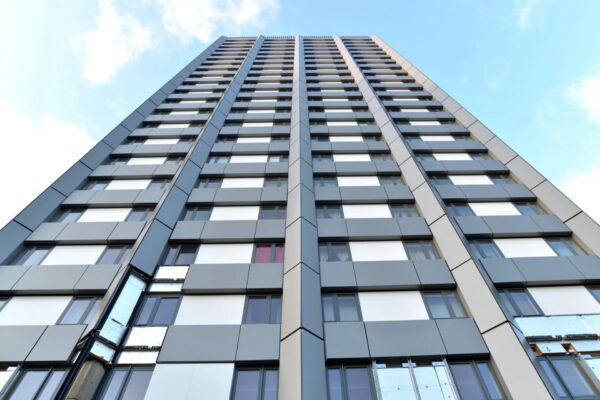Adjudication is a fast track construction-specific alternative dispute resolution procedure whereby an expert adjudicator makes a decision on a single dispute, usually within 28 days of appointment.
The Building Safety Act, possibly the most important construction legislation in a generation, seeks to improve the safety of buildings in England & Wales, through new regulatory frameworks and accountability.
Disputes between 2 or more parties in the construction supply chain are common and often complex. Usually they involve breaches of contract and claims that the works are defective and/or in delay. There are many forums for resolving these disputes.
Find out why you need a specialist construction lawyer, which are the best construction law firms and the most highly regarded construction law barristers’ chambers.
Construction legislation is complex and ever-evolving, with a myriad of statutes, regulations and case law dictating the rights and obligations of parties involved in the construction sector.
The COVID-19 pandemic and Brexit have both had a significant impact on the construction sector, including disruptions to supply chains, labour and material price inflation, as well as increased regulatory requirements and uncertainty.
Defective works are frequently the subject of construction disputes between contractors, sub-contractors and employers.
Delay is an inevitable issue in the construction industry, and a thorough understanding of the legal principles governing critical path analysis, causation and mitigation is essential for both avoiding disputes and effectively managing them when they arise.
On 14 June 2017 a fire broke out at the Grenfell Tower in West London, where 72 people sadly perished. Following the tragedy, serious concerns emerged about the use of combustible cladding in high-rise buildings; leading to increased scrutiny, regulation and remediation efforts across the construction sector.









